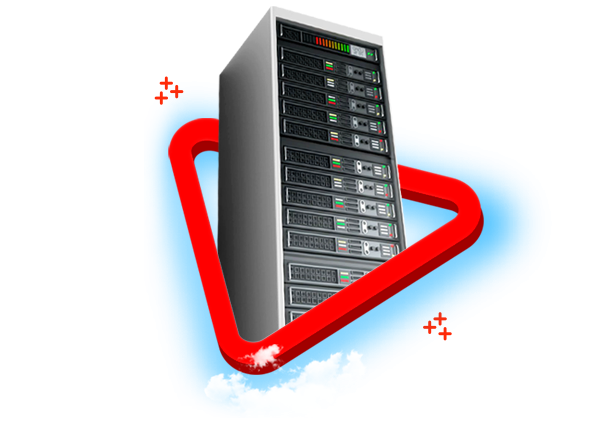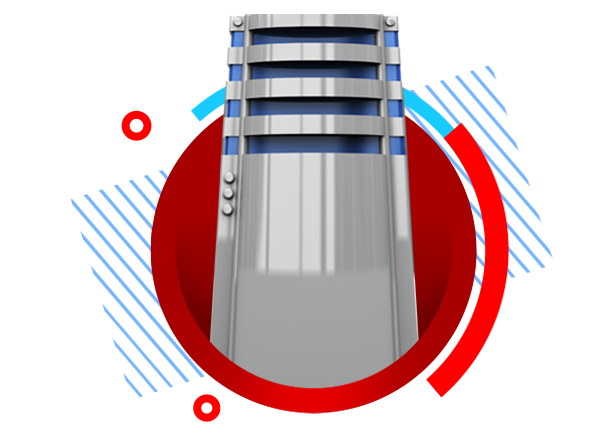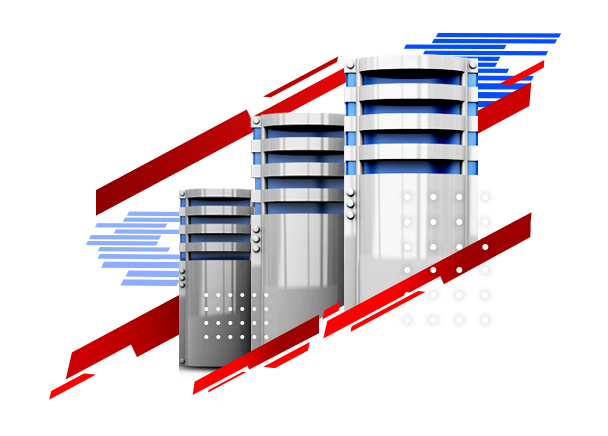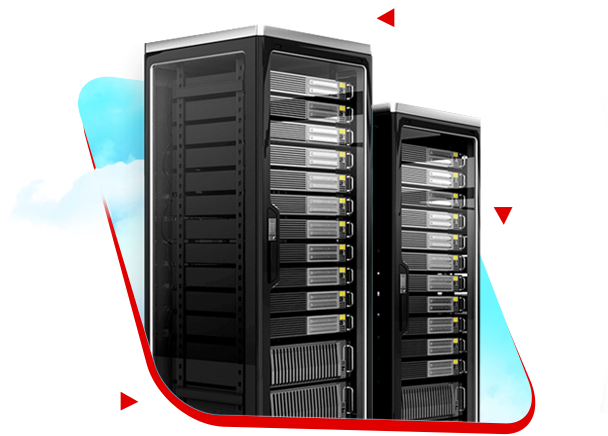
Apache software is widely used, open source and free software that is very capable of compatibility with other applications and websites. To date, 40% of all websites in the world are powered by Apache. The full name of Apache is Apache HTTP Server and it is supported by the Apache Software Foundation.
If you want to learn more about running websites, you should learn about Apache software. This article is about Apache, web server, how Apache works and comparing it with other web servers. So stay with us to find answers to your questions about this web server.
Brief introduction of Apache software
Table of Contents
As we mentioned in the introduction, Apache is a completely free software that helps to set up websites. The open source of this program has made it easy for all CMS website programmers to access and use it.
Apache software is one of the oldest web servers that is very secure and its first version was presented in 1995. This program is designed based on Linux operating system and you can install and run it on Linux servers. With Apache, you no longer need to worry about heavy website traffic; Because this software can manage the traffic volume of your website with the least amount of configuration.
Get to know the web server better
All servers such as file servers, mail servers, database servers and web servers use different server software. These software access their stored files through the physical server; But they can use them for different purposes.
What a web server does for you is to put websites on the internet. The web server does this as an intermediary between you and the server. In other words, it takes the content required by the user from the server and gives it to the web.
The challenge of web servers
It has definitely happened to you that you open several pages on a website at the same time and read different articles or use the services of that website. There are definitely other people besides you who use that website at the same time. This is exactly the challenge that web servers deal with; Because they have to respond well to the various requests of users and show them their needs.
With web servers, you no longer need to worry about processing different programming languages; Because it supports different languages like PHP, Python and Java well. In order to be able to play the role of the interface between the client and the server, the web server converts the files into static HTML files and makes them available to the user.
5 tips to better understand how the Apache web server works
- With all the explanations said, be careful not to get confused! A web server is not a physical server; Rather, it is a software that is installed and run on the server.
- The main task of the web server is to establish a connection between the users of different browsers such as Firefox, Google Chrome and Safari with the server and give them the files they need. This feature is called Client-Server structure.
- Apache is compatible with all software from Windows to Unix.
- The open source nature of Apache software allows you to customize the software according to your needs. This is the reason why Apache is so popular among web developers.
- Apache provides users with a wide variety of modules for security, storage, authentication, password, URL rewriting, etc. Also, it allows you to htaccess your files through Apache. Adjust it.
In order to better understand how this software works, we will give you an example. Imagine you have entered the Softhost website and want to read the “About Us” page. The browser sends your request to the Softhost server, and here what Apache does is to show you your requested file (that is, all information including text, photos, etc.
Apache establishes communication between the user and your server through the HTTP protocol so that the security of your user and server is well maintained.
Comparison of Apache software with other web servers
Apache is a popular web server; But there are other web servers that can be used as an alternative to this web server. Next, we will compare these web servers with Apache.
Comparison of Apache with NGINX
NGINX web server is pronounced Engine-x. This web server, like Apache, is a free and open source software. NGINX is newer than Apache software and its first version was released in 2004. Some web servers cannot manage 10,000 connections and respond to requests at the same time; But one of the prominent features of NGINX is that it is provided to solve this problem (ck10). The main differences between Apache and NGINX are:
- Thread-Based structure of Apache may be problematic for users whose website has a lot of traffic; But NGINX has solved this problem well with the ck10 feature.
- Due to its event-driven structure, Nginx does not generate a new process for each request and executes the requests in one thread. This single thread is the main process that manages smaller processes to perform the main processing of requests. This event-oriented structure is considered a positive point in Nginx; Because requests are efficiently divided among smaller processes to lead to better scalability in resource consumption.
- To manage websites with high traffic, Nginx can be an ideal choice; Because it does this with minimal resources. Websites with a lot of traffic like Netflix, Hulu, Pinterest and Airbnb use this web server.
- For small and medium players such as simple configuration and modules and easy user interface, Apache has more advantages than Nginx.
Comparison of Apache with Tomcat
Tomcat is a very popular web server developed by Apache software itself. The full name of this web server is Apache Tomcat and like Apache HTTP server. The main function of Tomcat is to run Java applications as an alternative to static websites. Tomcat has the ability to run different Java features such as Java Servlet, JavaServer Pages (JSP), Java EL and WebSocket. Some of the differences between Tomcat and Apache are:
- Tomcat is specially designed for dynamic web content (Dynamic Web Content) to run Java programs; But Apache is designed for HTTP server purposes. However, remember that you can use Apache for different programming languages (PHP, Python, Perl, etc.) with appropriate modules (mod_php, mod_python, mod_perl, etc.).
- This feature does not violate Tomcat’s ability to serve static pages and is simply less capable than Apache web server. If we want to give you an example so that you can better understand this issue, we must say that the Java virtual machine and its libraries do not need to be reloaded in many websites; But Tomcat does.
- Tomcat is less customizable than other web servers. If you want to run WordPress, your best choice would be Apache or NGINX, which is an HTTP server.
What are the advantages and disadvantages of Apache web server?
To set up a stable website and a functional platform, Apache web server is one of the best options; But this web server, like other web servers, has its advantages and disadvantages, which it is better to know.
Advantages
- For commercial purposes, this web server is free and open source.
- It is very safe and stable.
- It is updated regularly.
- Due to its module-oriented structure, it is very flexible and changeable.
- It has a very simple and user-friendly interface.
- It is used for both Windows and Unix servers, or it is so-called cross-platform.
- It does not require any special settings to set up and run WordPress websites.
- It has a large community and perfect support, so you don’t have to worry about facing problems.
Disadvantages
- The performance of this software is disrupted when dealing with websites with high traffic.
- Don’t overdo it with configuration options; Because it may harm the security of Apache web server.
Conclusion
Apache web server is one of the popular web servers that help you have a secure website without technical knowledge and too much trouble. Apache receives the requests entered into the web browser and translates the commands written in the programming language into web pages so that the user can see the result of his request.
In order to install your WordPress website on the Apache server, you do not need to make any special settings. One of the reasons for the popularity of this web server is that it is compatible with many content management systems (Joomla, Drupal, etc.), frameworks (Django, Laravel, etc.) and programming languages. Also, if you use hosting platforms like VPS or shared hosting, Apache is an ideal option for you.
CATEGORY:Blog











